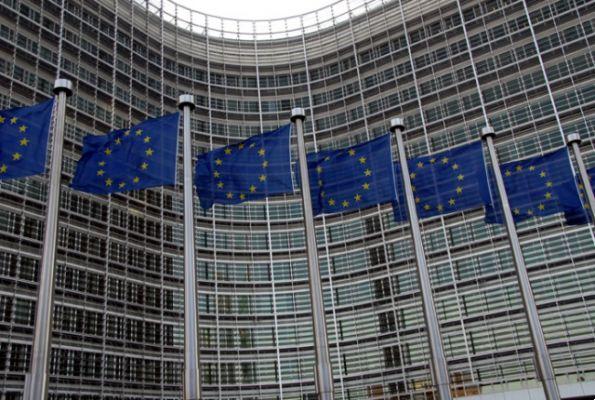The European Union is targeting tech giants with new taxes and content liability regulations.
The European Union plans to apply greater restrictions to the activities and responsibilities of Apple and other large technology companies, according to Margrethe Vestager, the European Union Commissioner for Competition, by acting on taxes, privacy and published content.
In its ongoing attempts to control the power and influence of tech giants like Apple, Google, Facebook and Amazon, the European Commission hopes to use these proposals to fundamentally change the responsibilities of these companies, which in theory will go beyond the scope. of current current laws.
“It is a difficult subject. It's not done with one law, ”Vestager said in an interview with the Wall Street Journal. "After the first specific cases of competition, what we have clearly seen is that we need strong laws on the protection of competition, but we also need regulation."
The initiatives cover various fields and in recent weeks have taken shape both in the EU and in the European Commission. In early July, Vestager detailed three areas that will be affected by the new legislation, which will be presented to the European Parliament at the end of 2020.

Content moderation
One of the areas that need to be defined is the responsibility that technology companies have over the content posted by users. Currently in the public consultation phase, the amendments to the current Law on Digital Services will update the rules established in 2000, which Vestager considers outdated.
The Regulation on Digital Services took shape at a time "when no one could imagine the situation we find ourselves in today" says the councilor for competition, "that platforms would not be simple channels, but complete ecosystems where much of what happens is profitable from the platform itself ".
Current regulations prevent platforms such as social networks from being sued for controversial or fake content, but the situation has led tech companies to be lazy in moderating user-posted content.
Rather than requiring platforms to be responsible for the content or sale of counterfeit products, Vestager suggests that the rules will allow for the creation of compensation mechanisms for removed content.
As part of the same measures, the companies that manage these social platforms will have to establish themselves as commercial entities within the European Union in order to be able to "respect this set of rules", adds the commissioner.
Apple has already expressed itself on the proposals of the new regulation on digital services, stating that "the limited liability regime has favored innovation and choice", expecting that all new applicable rules are flexible in nature. "What makes sense for user-generated content platforms may not be appropriate or technically feasible for the services used to facilitate private communications or storage," Apple says.
Expertise

As for competition, Vestager assures that Ella wants to increase investigative powers to order companies in a certain sector to change their behavior, with the aim of preventing monopolies and "preventing the emergence of new barriers". The legislative proposals also include new measures to prevent large companies from crushing smaller companies in the same industry, inspired by a series of antitrust lawsuits against Google.
The Commission is currently investigating Apple, particularly Apple Pay and the App Store, especially if the latter has become a judge and part of who can and who can't be in its app store.
Digital taxes
Another controversial element is digital taxes, which the European Union plans to apply despite the disagreement on this matter with North American legislators. The Commission announced that it would take the proposal forward as it had previously announced that it would collect its own taxes if international negotiations failed before the end of 2020.
According to Vestager, this digital tax, which affects both Apple and other multinationals, is justified because "it's fair".
"Many companies have to work very hard to make a profit and they have to pay taxes on that profit," Vestager says. “To get capital, skilled employees and customers, they shouldn't compete with companies that don't contribute in any way to that community. This has nothing to do with your origins, it has to do with an egalitarian way of approaching the market ”.
via AI










![Interview with Tom Hanks [Update I and II]](/images/posts/3a79ddab0e3f62d2832d74af31daff7b-0.jpg)















